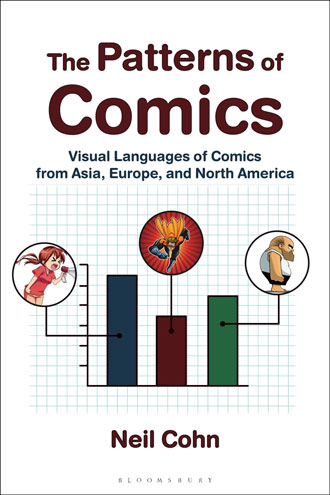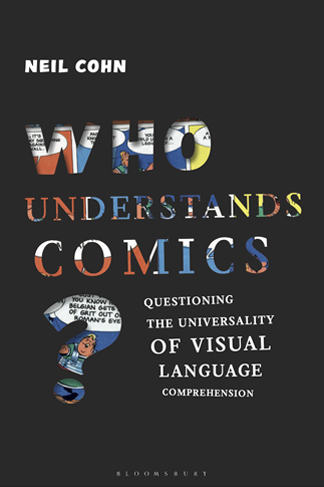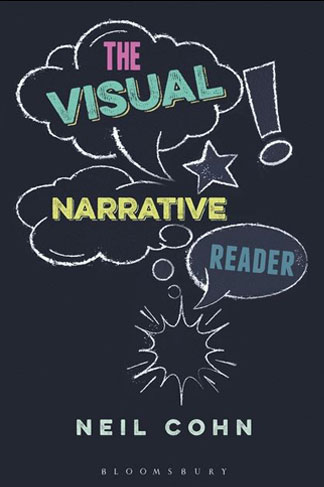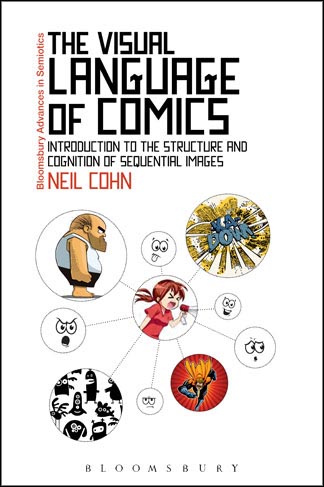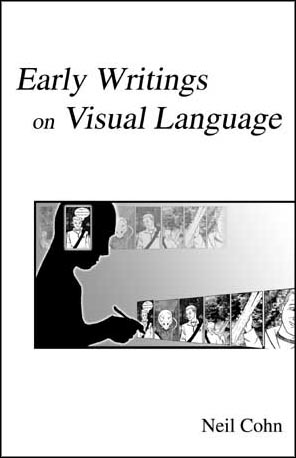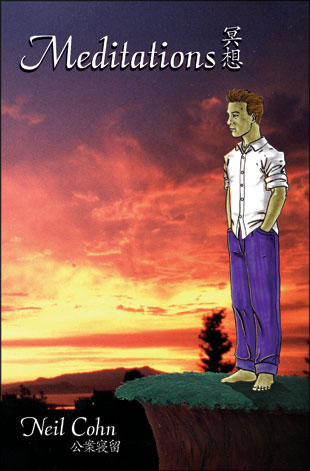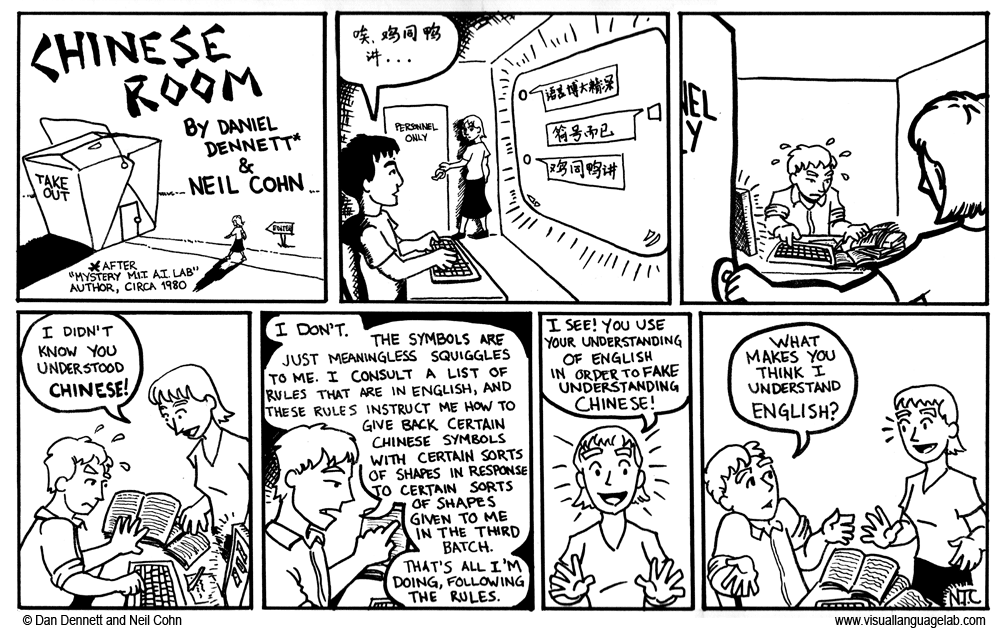Books
Books by Neil Cohn. Click on a cover to learn more.
Books on Visual Language
Speaking in Pictures
For over twenty years, Neil Cohn has pioneered research on the relationship of language and pictures within linguistics and cognitive neuroscience, and this book presents this work for the first time as an accessible non-fiction graphic novel for a wide audience.
Creative works
Meditations: 1998-2002
Before delving into visual language theory, Neil Cohn spent several years experimenting artistically with sequential art. These diverse and often formalistic visual poems, short stories, and vignettes tread a journey of artistic exploration into philosophy, religion, love, childhood, and the artistic boundaries of this visual language.
We the People: A Call to Take Back America
By Thom Hartmann & Neil Cohn
This 216 page non-fiction comic shows the dangers that corporations pose to American democracy. Americans have become second-class citizens to the “personhood” of transnational corporations, who have usurped control from We the People.
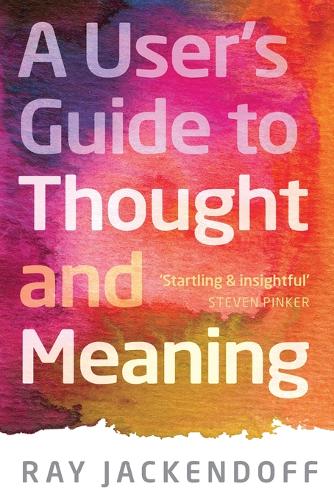
A User’s Guide to Thought and Meaning
By Ray Jackendoff (Author) with Neil Cohn (Illustrator)
This book presents a radical new account of the relation between language, meaning, rationality, perception, consciousness, and thought, and, extraordinarily, does this in terms a non-specialist will grasp with ease…
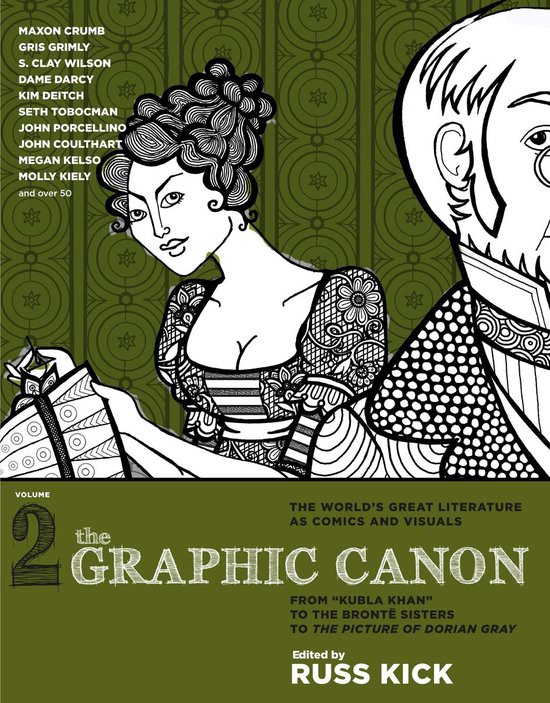
The Graphic Canon, v2
By Russ Kick (Editor)
The Graphic Canon Volume 2 gives us a visual cornucopia based on the wealth of literature from the 1800s. Neil Cohn’s contribution offers an interpretation of John Keats’ haunting poem, “La Belle Dame Sans Merci.”
Chinese Room comic with Daniel Dennett
It’s not a book, but a few years ago my former colleague, the philosopher Daniel Dennett asked me to draw a comic for him about Artificial Intelligence. Click here to read the comic!

